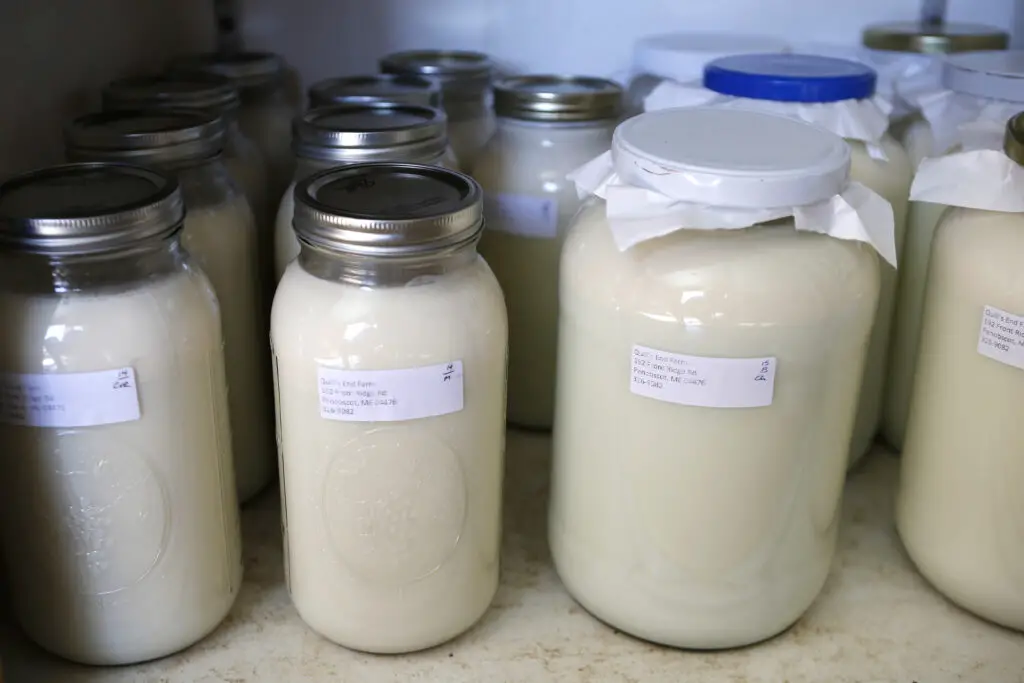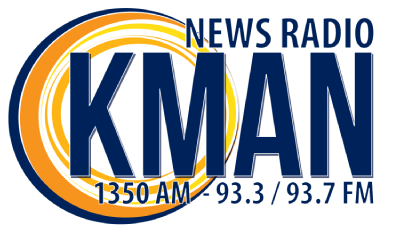
TOPEKA, Kan. (AP) — Kansas lawmakers are considering blocking the sale of raw milk or requiring farmers to include warning labels on packaging after the state abandoned a law prohibiting farmers from advertising raw milk outside their farm.
The Wichita Eagle reports that the state stopped enforcing the ban after Shepherd’s Gate Dairy operators Mark and Coraleen Bunner filed a lawsuit in opposition of the 1967 law in October. Pasteurized milk undergoes a heating process to kill pathogens.
The Food and Drug Administration says raw milk that comes straight from a cow or goat is much more likely to carry salmonella, E. coli and other bacteria.

